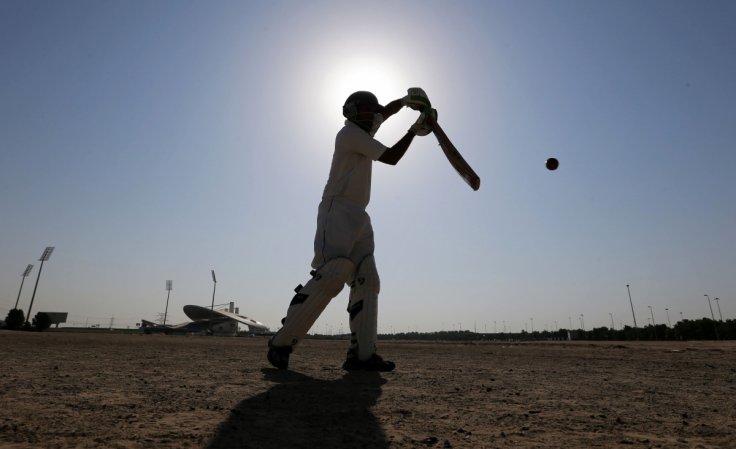
For the International Cricket Council, this week has been tough. It started when MS Dhoni's gloves caught their eye, there were exchanges with the BCCI. Well, that was restored, but then rain and its woes intervened and if the MET department is to be believed, it will continue to be a dampener right through this week.
Two matches have already been washed out, Sri Lanka have already faced the brunt in two of their fixtures and the ICC has been extremely unlucky with the weather this year. So, why are there no reserved days for this marquee tournament? For starters, ICC outgoing CEO Dave Richardson believes that it will be practically impossible for them to have a reserve day for every match.
'This is extremely unseasonable weather'
"Factoring in a reserve day for every match at the World Cup would significantly increase the length of the tournament and practically would be extremely complex to deliver," Richardson said in a statement.
The MET department has said that the United Kingdom is experiencing twice the average rainfall in June.
"This is extremely unseasonable weather. In the last couple of days, we have experienced more than twice the average monthly rainfall for June which is usually the third driest month in the UK."
Richardson also explained why having a reserve day in the tournament is not a very practical step to take and that it can have an impact on the entire World Cup.
"It would impact pitch preparation, team recovery and travel days, accommodation and venue availability, tournament staffing, volunteer and match officials' availability, broadcast logistics and very importantly the spectators who in some instances have travelled hours to be at the game. There is also no guarantee that the reserve day would be free from rain either," Richardson added.
This being said, these abandoned matches are having an impact on the points table which will have a bearing when the tournament enters the business end, but then having a reserve day for each match will require a significant increase in the workforce from the current 1,200 that are employed per game.
"We have reserve days factored in for the knock-out stages, knowing that over the course of 45 group games we should play the large majority. When a match is affected by weather conditions, the venue team works closely with match officials and ground staff to ensure that we have the best possible opportunity to play cricket, even if it is a reduced overs game," he informed.









